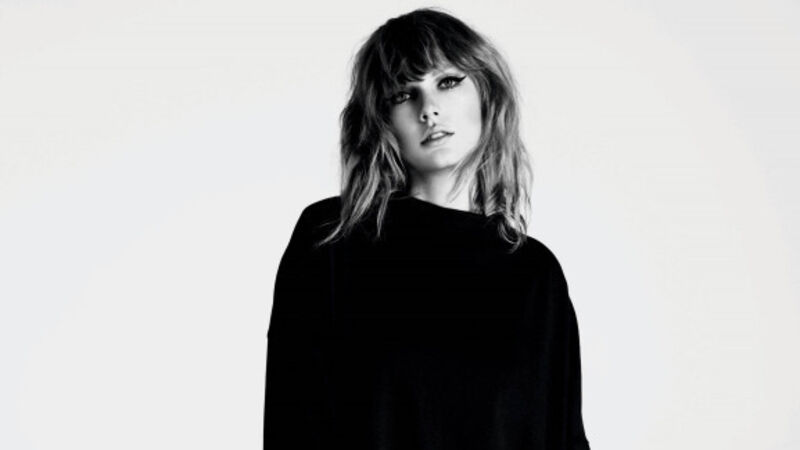The Big Read: Taylor’s Swift rise to the top

She was only 16 when she released her first single and now she's the biggest pop star in the world, her lyrics fearlessly personal. She plays Croke Park this week, says

Try from €1.50 / week
SUBSCRIBEShe was only 16 when she released her first single and now she's the biggest pop star in the world, her lyrics fearlessly personal. She plays Croke Park this week, says Ed Power

Already a subscriber? Sign in
You have reached your article limit.
Annual €130 €80
Best value
Monthly €12€6 / month
Introductory offers for new customers. Annual billed once for first year. Renews at €130. Monthly initial discount (first 3 months) billed monthly, then €12 a month. Ts&Cs apply.
CONNECT WITH US TODAY
Be the first to know the latest news and updates
CONNECT WITH US TODAY
Be the first to know the latest news and updates

Our team of experts are on hand to offer advice and answer your questions here
Newsletter
The best food, health, entertainment and lifestyle content from the Irish Examiner, direct to your inbox.
© Examiner Echo Group Limited